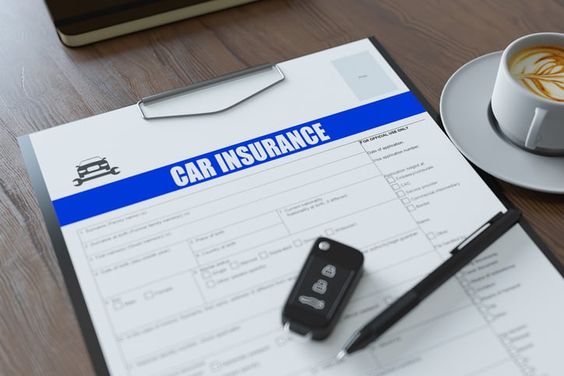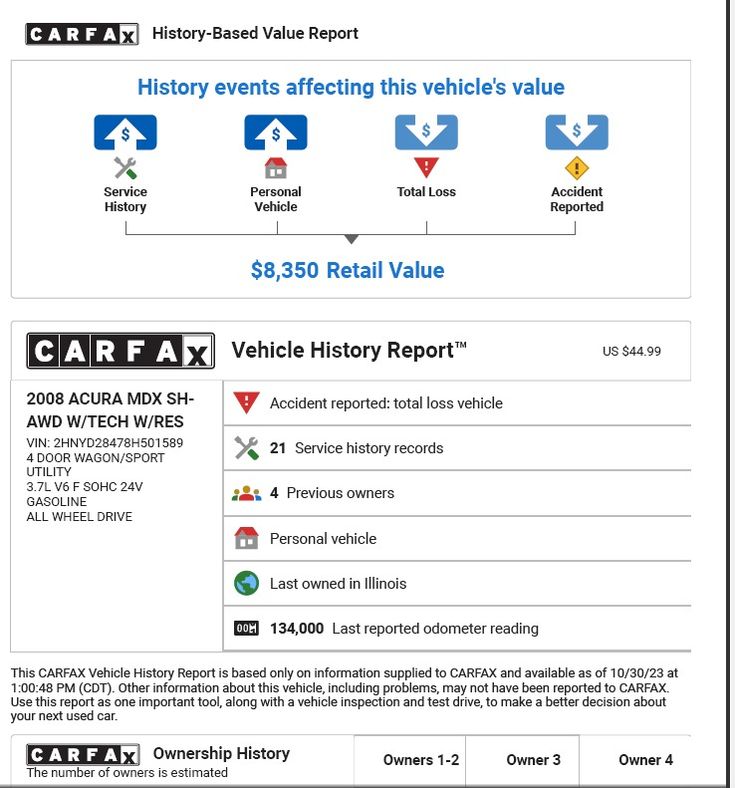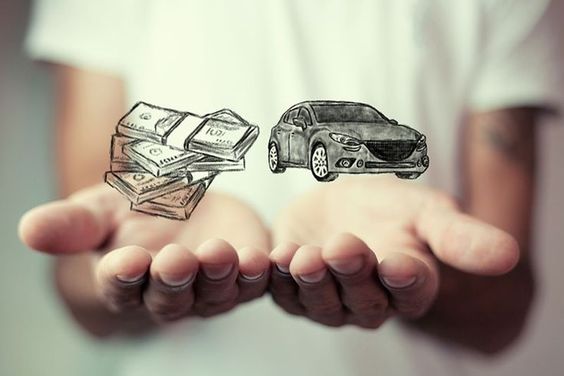Introduction:
Buying a car from a private seller can be a great way to save money compared to buying from a dealership. However, it's important to be aware of the potential risks and take the necessary precautions to ensure a smooth and successful transaction. This guide will walk you through the process of buying a car from a private seller, from finding the right vehicle to completing the sale.

Finding the Right Car:
The first step is to find the car you're looking for. There are several online platforms and websites dedicated to private car sales, such as Craigslist, Facebook Marketplace, and AutoTrader. You can also check local newspapers and community bulletin boards. When searching for a car, be sure to specify your desired make, model, year, mileage, and price range.
Inspecting the Car:
Once you've found a car that interests you, it's crucial to thoroughly inspect it before making an offer. It's best to bring a trusted mechanic along to perform a comprehensive inspection. Pay attention to the following:
- Exterior: Check for any dents, scratches, rust, or signs of damage.
- Interior: Look for any tears, stains, or wear and tear on the upholstery, carpets, and dashboard.
- Engine: Listen for any unusual noises or leaks.
- Transmission: Test drive the car and ensure the transmission shifts smoothly.
- Brakes: Check the brake pads and rotors for wear.
- Tires: Inspect the tires for tread depth and any signs of damage.
Negotiating the Price:
After inspecting the car, it's time to negotiate the price with the seller. Research the fair market value of the car using online resources like Kelley Blue Book or Edmunds. Be prepared to offer a lower price than the asking price, especially if the car has any flaws or needs repairs.
Completing the Sale:
Once you've agreed on a price, it's time to finalize the sale. Here are the steps involved:
- Title Transfer: The seller will need to sign the title over to you.
- Payment: You can pay for the car in cash, check, or wire transfer.
- Bill of Sale: Both you and the seller should sign a bill of sale documenting the transaction.
- Registration: You'll need to register the car in your name with the Department of Motor Vehicles.
Tips for Buying from a Private Seller:
- Be cautious of scams: Be wary of sellers who seem too good to be true or who pressure you into making a quick decision.
- Get everything in writing: Ensure all agreements, including the price and any warranties, are documented in writing.
- Have the car inspected by a mechanic: This is essential to avoid buying a car with hidden problems.
- Don't be afraid to walk away: If you're not comfortable with the car or the seller, don't hesitate to walk away.
Buying a car from a private seller can be a rewarding experience, but it's important to be informed and prepared. By following these steps and taking the necessary precautions, you can increase your chances of finding a great deal on a reliable car.





